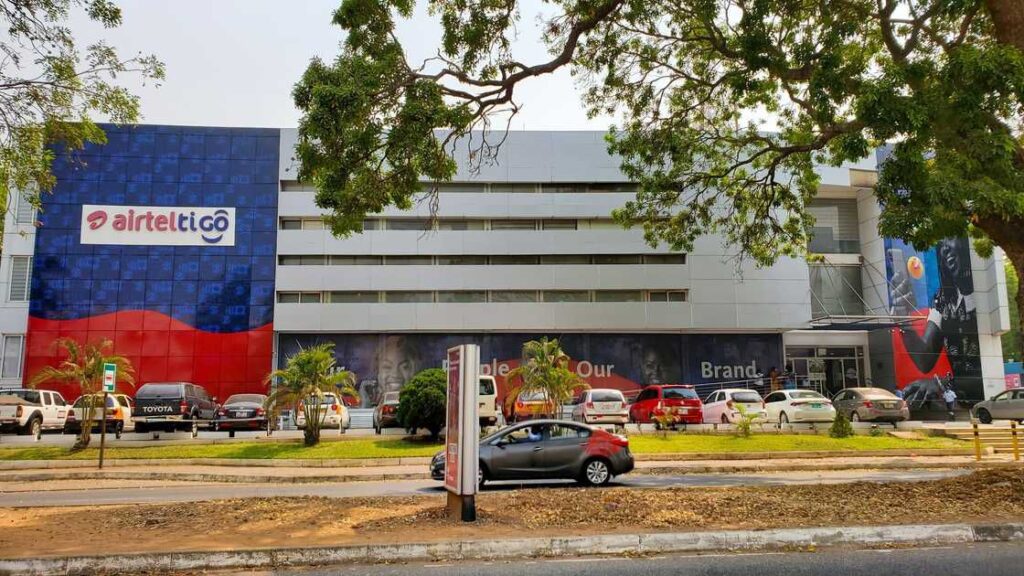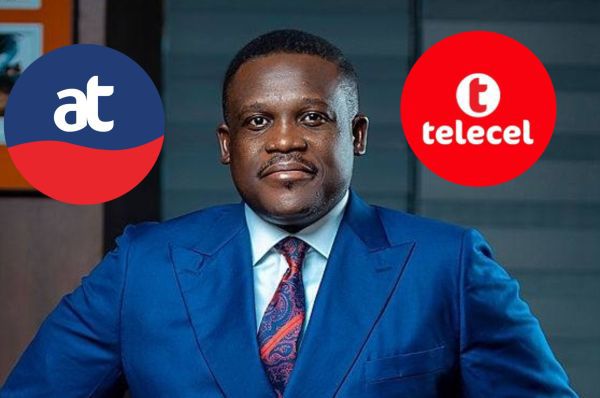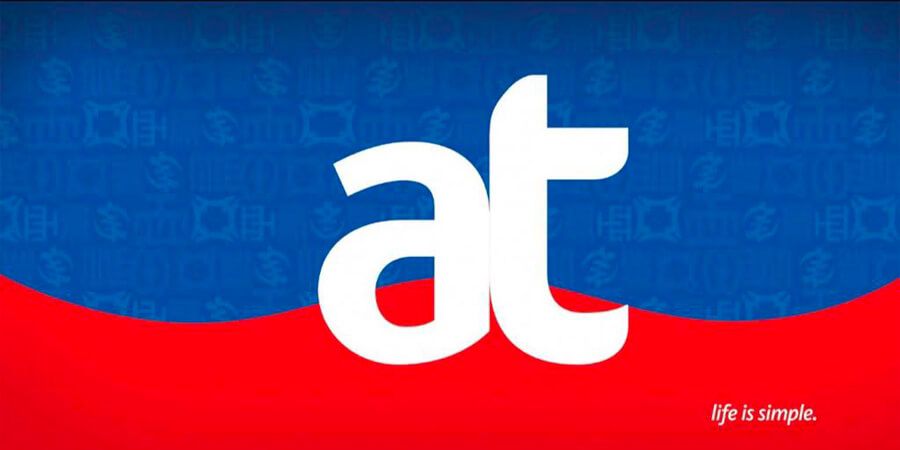Minority Cautions Against “Backdoor” Telecom Deal
The Minority in Parliament has raised fresh concerns over the government’s handling of the proposed AT–Telecel transaction, urging the Minister of Communications and Digitalisation, Samuel Nartey George, to ensure transparency and fair competition in Ghana’s telecommunications sector.
Speaking on Channel One Newsroom on Wednesday, October 15, Davis Ansah Opoku, the Deputy Ranking Member on Parliament’s Committee on Communication, said the Minority was alarmed by what it described as a “murky” process surrounding the transaction.
According to Mr. Ansah Opoku, the Minority’s objection is not to private investment itself but to how the process is being managed. He argued that deals involving strategic national assets such as telecommunications infrastructure must undergo full parliamentary and legal scrutiny to prevent abuse and protect the public interest.
“We believe the entire process requires greater accountability and transparency,” he said, calling on President Nana Akufo-Addo to intervene and ensure that the right procedures are followed.
The lawmaker stressed that Parliament must not be sidelined in decisions affecting the telecom sector, adding that any deal concluded without due process could erode investor confidence and weaken regulatory oversight.

Mr. Ansah Opoku further emphasized that the Minority’s position is guided by concern for Ghanaian workers and consumers. He noted that the transaction must protect the over 300 jobs currently held by employees of AT Ghana (formerly AirtelTigo) and promote a level playing field among telecom operators.
“We want what’s best for Ghanaians,” he stated. “Our aim is to protect existing jobs and ensure a truly competitive telecom environment.”
He cautioned the Minister against any move that could “undermine fair competition, transparency, or the authority of Parliament,” urging the government to create a shared environment where all telecom companies can thrive under equal conditions.
In response to the Minority’s claims, Communications Minister Samuel Nartey George clarified that the ongoing process is neither a merger nor an acquisition. Speaking at a press briefing, he described the issue as a “force majeure situation”—a temporary emergency requiring immediate action to stabilize operations at AT Ghana.
“This is not a merger, and it’s not an acquisition,” he explained. “The transaction adviser’s report will guide the government on the best steps to take to sustain operations and protect national interests.”
The Minister further assured that no jobs would be lost as a result of the intervention and that AT Ghana’s customers would not experience any service disruptions.

Ghana’s telecommunications industry is a key driver of digital growth, employing thousands and contributing significantly to national revenue. According to the National Communications Authority (NCA), the sector supports over 30 million mobile subscribers and continues to expand access to mobile money and internet services across the country.
The AT–Telecel deal has drawn attention because it involves the management of a major telecom operator that was previously state-owned. Analysts say that how the government handles this transaction could set a precedent for future private sector partnerships in strategic industries.
Experts also warn that lack of transparency in telecom agreements can lead to market monopolies, reduced innovation, and potential risks to data security and consumer rights.
The ongoing debate reflects a broader tension between encouraging private investment in Ghana’s digital economy and ensuring strong regulatory governance. While private capital is essential for expanding connectivity and digital infrastructure, Parliament’s oversight remains crucial for maintaining public trust.
As discussions continue, industry observers say the government must strike a balance between swift economic decisions and strict adherence to transparency laws — a principle that could define the next phase of Ghana’s digital transformation.
Read also: How to Link Your Mobile Money Account to Your Bank in Ghana for Faster, Cashless Transactions

